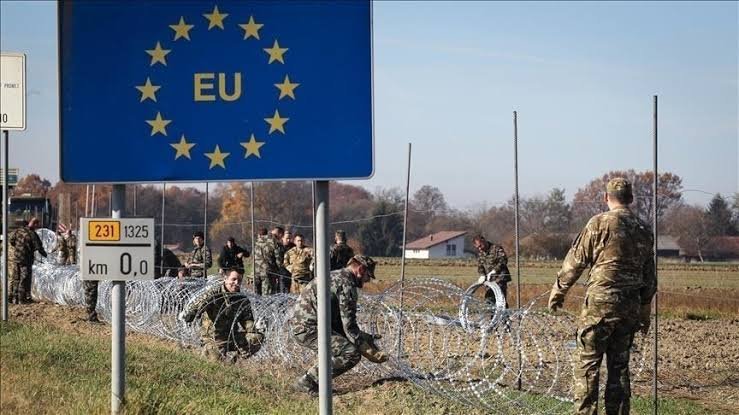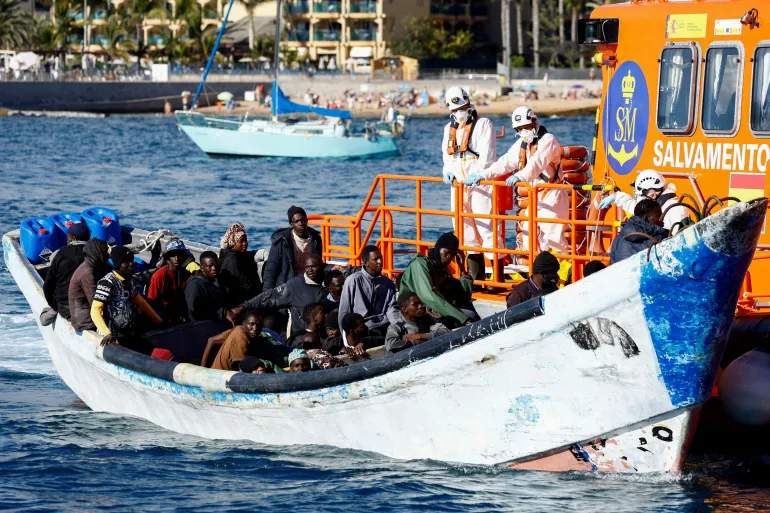Photo credit: Hungary Today
There have been allegations of failure to rescue and assist migrants in distress, maltreatment, and abuse of migrants at EU borders.
FRA reports that investigations of these rights violations remain ineffective. The latest report from the EU Agency for Fundamental Rights identifies system gaps and obstacles to investigating such violations.
The report “Guidance on investigating alleged treatment at borders” reveals that many serious, recurrent, and widespread rights violations have not been thoroughly investigated.
Victims hardly file complaints against law enforcement bodies due to a lack of trust, fear of retaliation, or lack of awareness of available procedures. The scarcity of evidence is also making incident investigations difficult.
Victims find it difficult to seek redress in national courts. An increasing number of cases are reaching the European Court of Human Rights, which has called out Member States for ineffective investigations into ill-treatment and deaths at borders.
To better protect migrants and refugees, the FRA calls for robust border monitoring and stronger accountability mechanisms. It outlines steps to enable effective investigations of rights violations at borders.
– Record testimonies: Human rights bodies should document testimonies of rights violations.
– Transparency: National authorities should publish regular statistics on disciplinary and criminal investigations.
– Independent and fair investigations: Authorities should assign cases to specialized prosecutorial departments to ensure unbiased investigations.
– Guidance for prosecutors:
– Giving victims a voice
– Gather evidence from technology







